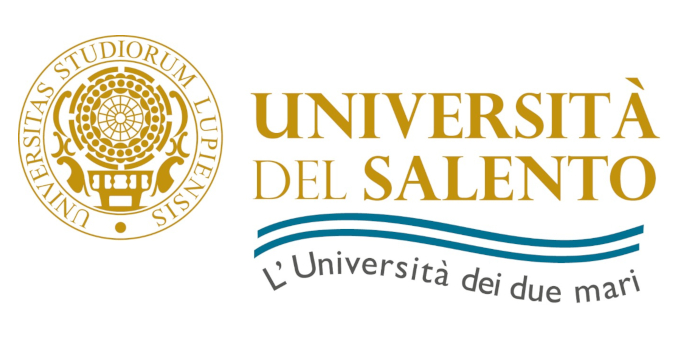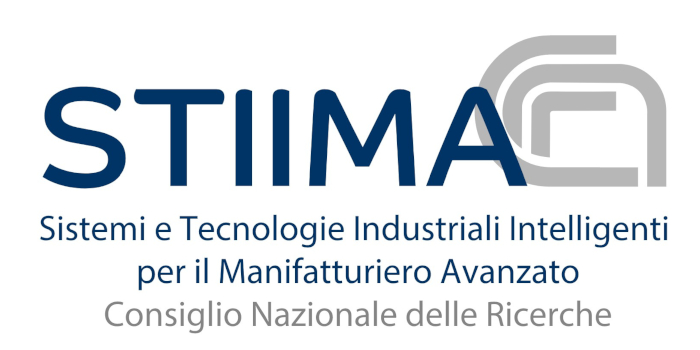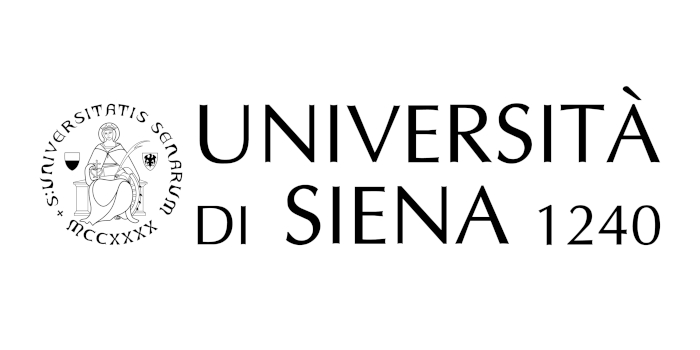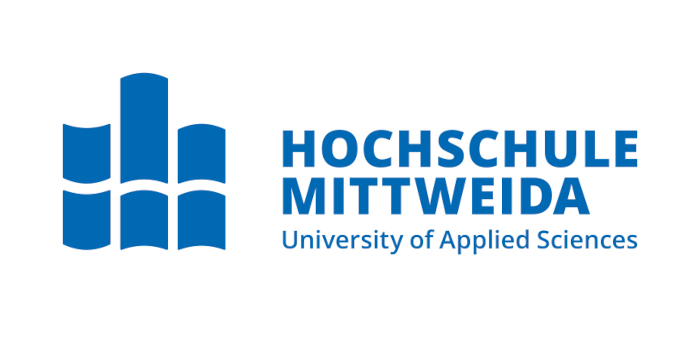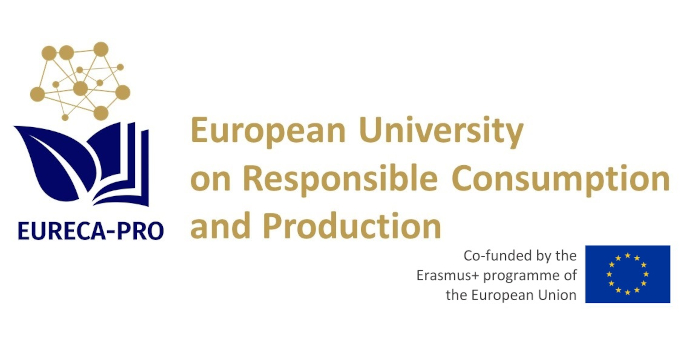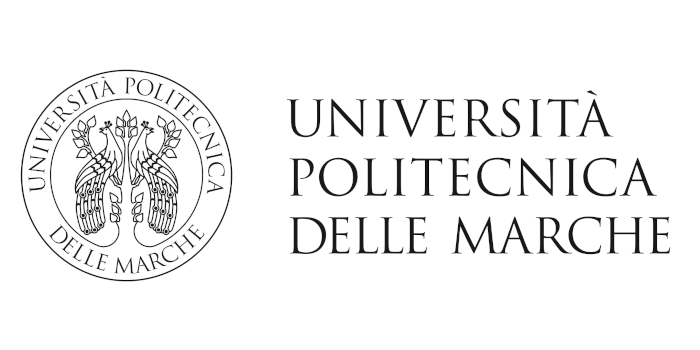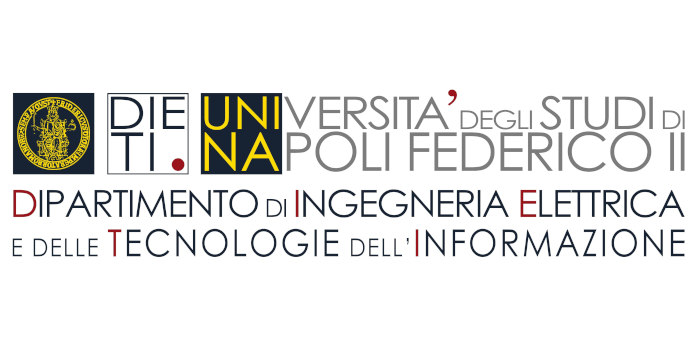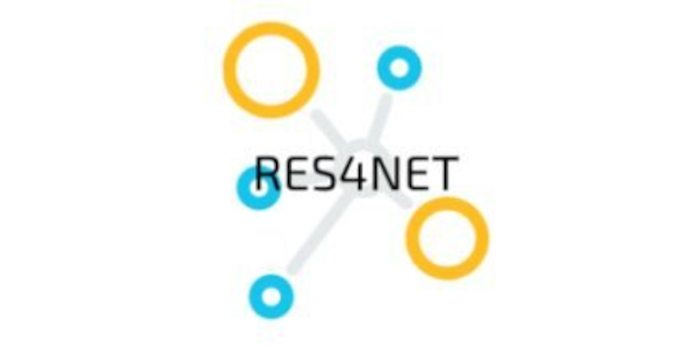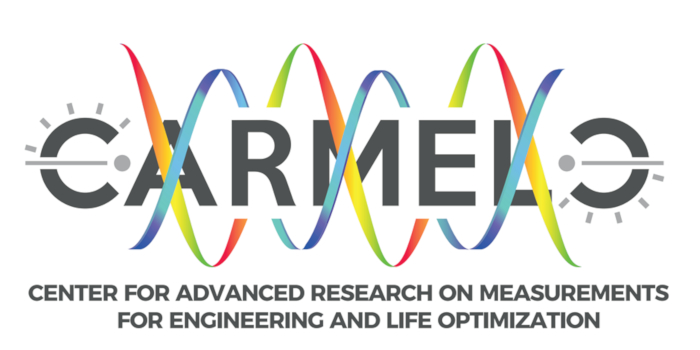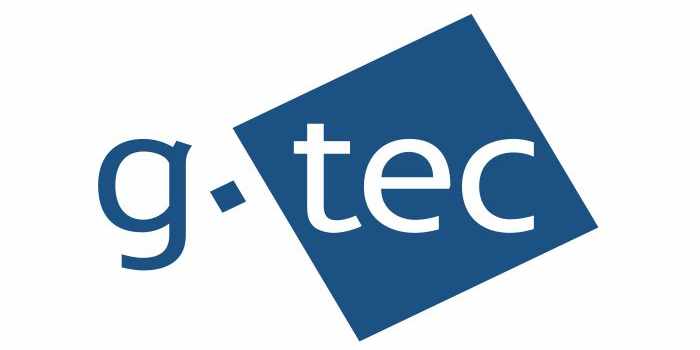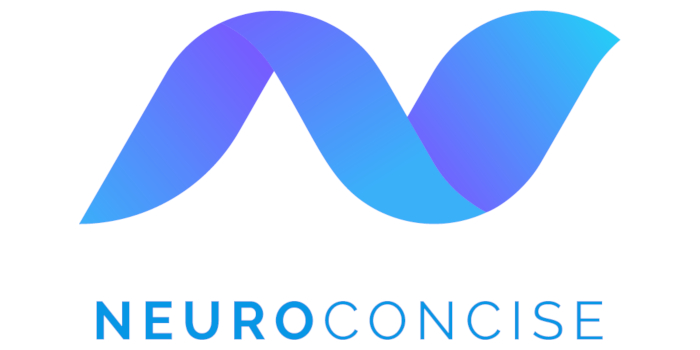SPECIAL SESSION #9
Sensors, Extended Reality and Artificial Intelligence for Human Behavior Analysis
ORGANIZED BY
Andrea Zingoni
University of Tuscia, Italy
Juri Taborri
University of Tuscia, Italy
ABSTRACT
Analyzing human behavior, both from a physical and a psychological point of view, is at the base of important tasks like improving health monitoring, understanding and imitating people actions, forecasting performances, and providing equal opportunities.
Jointly with the advances in the quality of biometric sensors, modern digital tools, as extended reality (XR) and artificial intelligence (AI), have given a significant booster to data collection and analysis in this field and occupy a prominent position among the research frontiers.
This Special Session aims at discussing all the aspects related to the use of sensors and of XR and AI techniques for the analysis of human behavior, ranging from innovative measurement devices and methodologies, to novel approaches for data collection and fusion, to improvements in pathologies and disorders detection, to pattern recognition, to the assessment and forecasting of the physical and psychological status of human beings and of their performance in physical and psychological tasks, to the deep understanding of humans' characteristics. In addition, space will be given to those topics that can benefit significantly from human behavior analysis, like inclusivity, gender analysis, human machine interaction etc., and to other strictly related topic as, for example, sensitive data protection.
TOPICS
The list of the topics of interest includes (but it is not limited to):
- Artificial intelligence for bio-signal analysis;
- Virtual and augmented reality for human behavior data collection;
- Human performance analysis through artificial intelligence;
- Pattern recognition and anomaly detection in human physical and psychological behavior;
- Extended reality and artificial intelligence for inclusivity;
- Innovative sensors for physical and psychological assessments;
- Data fusion aspects;
- Methodologies and technologies for gender analysis;
- Human-machine interaction;
- Wearable sensors;
- Non-invasive measurements;
- Sensitive data protection.
ABOUT THE ORGANIZERS
Andrea Zingoni, is a Researcher in Computer Science and the contact person for the activities related to artificial intelligence at University of Tuscia.
He received the Master's Degree in Telecommunication Engineering and the PhD in Information Engineering at University of Pisa. During his academic career he participated in more than twenty research projects, both national and international, and collaborated with several partners from university, industry, and public administration.
His research interests are characterized by an interdisciplinary approach and include artificial intelligence, blockchain technologies, image processing, computer vision, remote sensing, electro-optical sensors, and sound analysis, applied to different areas, as biomedical engineering, education, civil engineering, society support, governance and management, agri-food.
He holds the Courses "Computer Science" and "Fundamentals of Artificial Intelligence" at the Degree Course in Industrial Engineering of the University of Tuscia, where he also teaches at the Second Level Master in "Artificial Intelligence for Business and Cyber Security".
He is also cofounder and administrator of two hi-tech startups that operate in the sectors of education and technology transfer.
Juri Taborri, is an Assistant Professor in mechanical and thermal measurements at University of Tuscia in Viterbo, Italy. He received the master’s degree cum laude in biomedical engineering from the Sapienza University of Rome, Italy, in 2014. He received the PhD in Industrial and Management Engineering in 2017 with a thesis focused on novel solutions for human motion analyses performed through wearable sensors. His research interests include biomechanical measurements, validation and metrological characterization of innovative sensor systems, electromyography and muscle synergies, machine-learning algorithms for human motion identification and control of robotic devices for rehabilitation. He is invo lved in several national and international projects focused on the application of artificial intelligence for physical and psychological assessments of humans.








